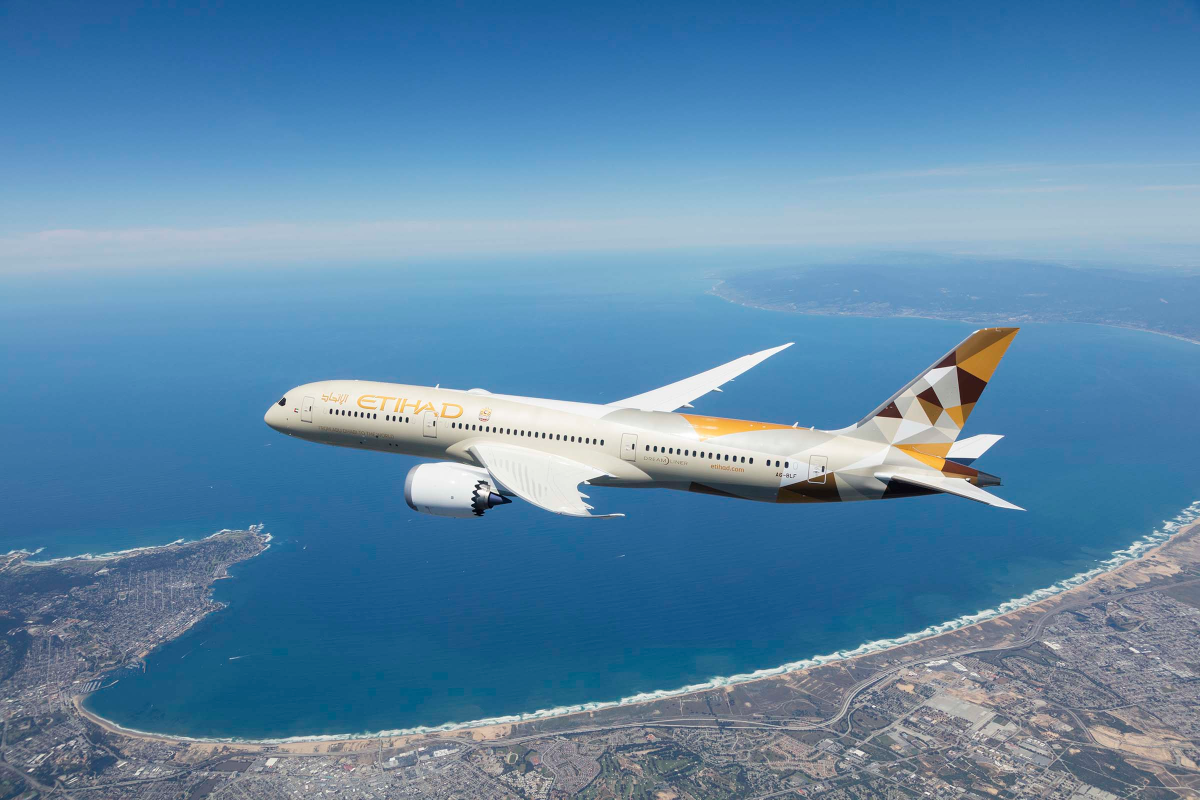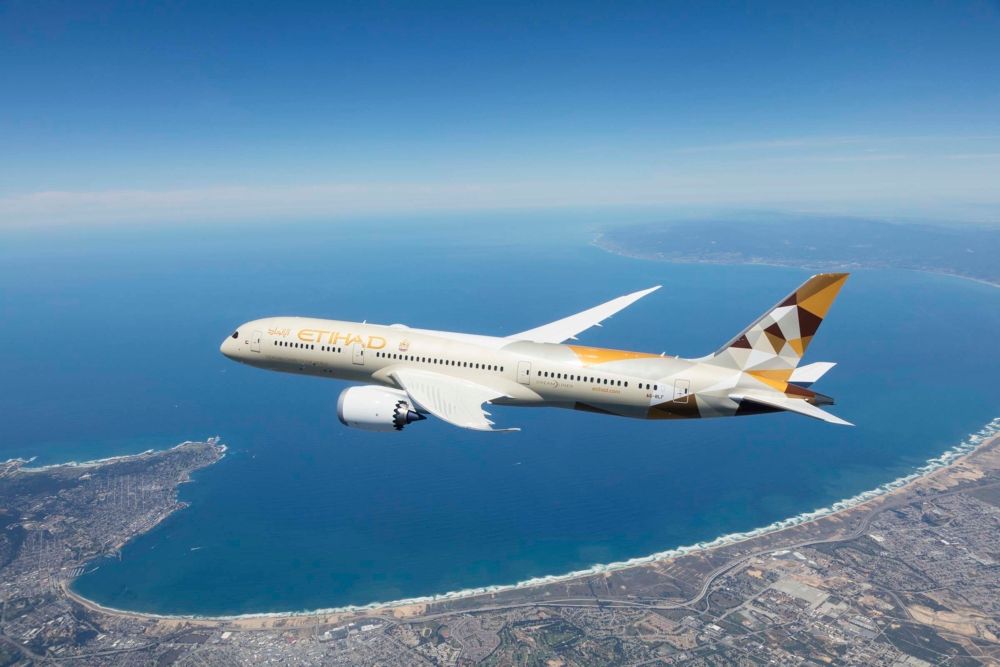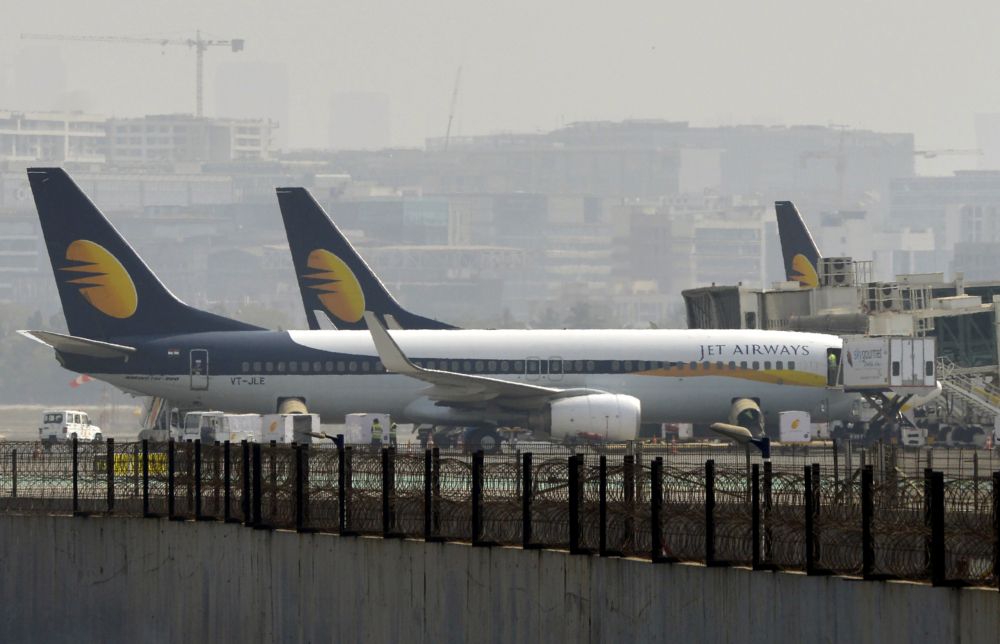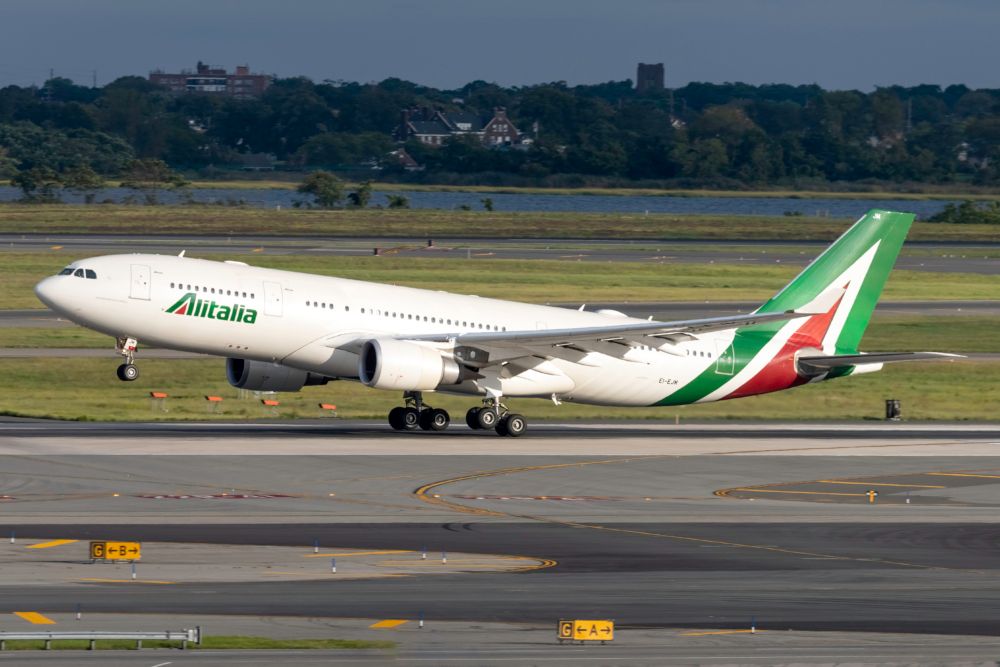If you've followed Etihad over the past few years, you'll know that the Middle Eastern carrier has made some bad bets on airlines that eventually went out of business. Alitalia and Jet Airways have been the highest-profile of these, but Etihad has invested in several other airlines as well. Speaking exclusively with Simple Flying, Etihad Group CEO Tony Douglas reflects on these failed partnerships.
A quasi-alliance strategy
At the end of August, Simple Flying had the chance to speak with Etihad Group CEO Tony Douglas on a variety of topics. Briefly touched upon the airline's significant and ambitious restructuring program already underway.
CEO since 2018, Douglas began by noting the relative youth of his airline, having only been established some 17 years ago. "We're a teenager, and we made some mistakes in our earlier teenage years," Douglas states- admitting that he himself had made some mistakes in his teenage years.
For Etihad, Douglas reflects on the airline's "failed quasi-alliance strategy" in its early teenage years. This strategy of having equity participation in other airlines, he says, was a way to pursue an accelerated growth path. Unfortunately, as we know now, many of those investments turned out to be bad bets, with Douglas acknowledging as much:
"And sadly, that strategy failed. And as a consequence, we had to completely restructure the balance sheet, redesign the operating model of Etihad."
A string of losses
Etihad has invested over a billion dollars in various airlines around the world, from Australia to India to Europe. Airline equity partnerships have included the following:
- Alitalia
- Air Berlin
- Air Serbia
- Air Seychelles
- Aer Lingus
- Jet Airways
- Virgin Australia
Of these airlines, just four airlines (Air Serbia, Air Seychelles, Aer Lingus, and Virgin Australia) continue to operate. Jet Airways is in the process of being revived after ceasing operations, while Virgin Australia has already been revived, rescued by investment firms after going bankrupt.
Going "back to basics"
As senior management and leadership at Etihad continue to learn from the airline's past mistakes, Douglas is quite positive about where his airline is currently positioned:
"In some ways [we're getting] back to basics when it comes how we manage an efficient organization that's got a fleet that is far more optimized for what I would describe as a mid-sized carrier, and no longer perhaps pursuing a big as beautiful belief."
This revised strategy should be a safe and steady path for Etihad, especially during a somewhat uncertain and challenging economic climate. Indeed, focusing inwards should allow the airline to grow at a steady (albeit slower) rate, paying more attention to its own customers rather than on struggling airlines thousands of miles away.
What do you think of Etihad going 'back to basics' and abandoning its equity partnership strategy? Let us know by leaving a comment.




